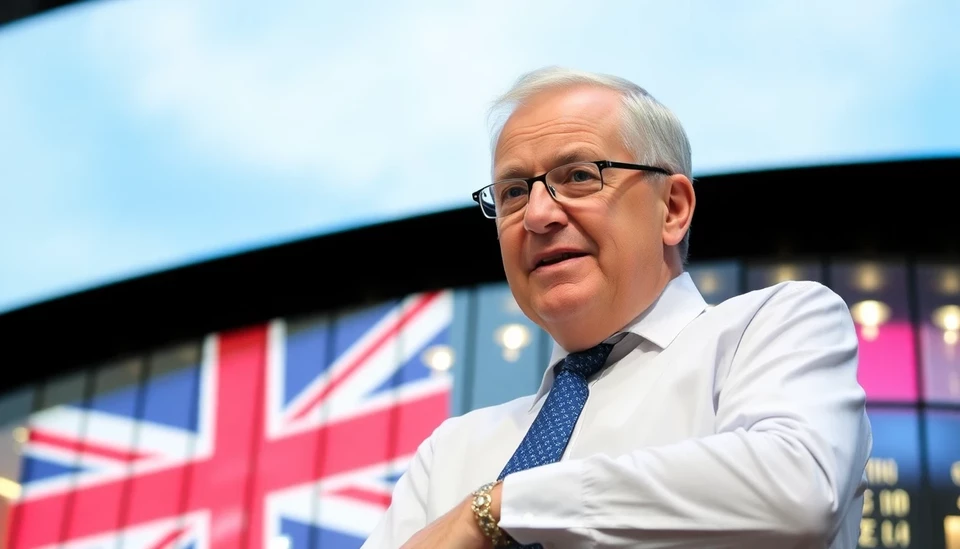
In a striking admission, the UK Business Minister has acknowledged that potential tax increases may adversely affect hiring practices and wage growth across various sectors. This revelation has sent ripples through the business community, raising alarms about the possible economic repercussions that could stem from such fiscal decisions.
During a recent parliamentary session, the minister expressed concerns that raising taxes could deter businesses from expanding their workforce and incentivizing employee wage increases. This statement has surfaced amid ongoing debates within the government about the necessity of boosting public revenue through higher taxation.
The minister emphasized that while taxes are vital for funding public services, an immediate focus on job creation and wage growth is imperative for the country’s economic resilience. The potential imbalance between fiscal responsibilities and the growth of businesses could lead to stagnation in the labor market, threatening the very fabric of economic stability.
Industry leaders and business advocates reacted with caution to the minister's statements, urging that any tax adjustments must be carefully considered to strike a balance between necessary public funding and the ability of firms to thrive and invest in their workforce. Many have called for a more nuanced approach to tax reform that considers the current economic climate and the challenges businesses face.
Further complicating the situation are concerns that the proposed tax hikes may disproportionately affect small and medium-sized enterprises (SMEs), which are often seen as the backbone of the UK economy. These businesses are more vulnerable to financial stresses and may lack the resources to absorb additional taxation without scaling back operations or workforce numbers.
Moreover, the prospect of reduced job openings or stagnant wages could exacerbate existing economic tensions, particularly as inflation continues to impact households across the UK. The prospect of higher taxes in this context raises significant questions about the government’s long-term economic strategy and its ramifications for ordinary citizens seeking financial stability.
As discussions on tax reform unfold, both the government and business communities remain on high alert. The potential consequences of these fiscal decisions will be closely monitored as they could shape the UK's economic landscape in the coming years. Stakeholders are calling for transparency and dialogue, emphasizing the need for collaborative solutions that address the dual objectives of public funding and economic growth.
In conclusion, the road ahead appears fraught with challenges, as the UK navigates the delicate balance between public fiscal needs and the imperative to foster a robust and growing workforce. The Business Minister's candid acknowledgment of these issues is a pivotal moment in the ongoing discourse surrounding taxation and economic strategy.
#UKBusiness #TaxHikes #Hiring #WageGrowth #EconomicStability #SMEs #PublicServices #JobCreation
Author: Laura Mitchell




